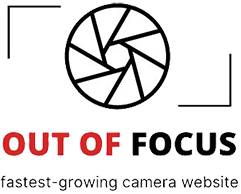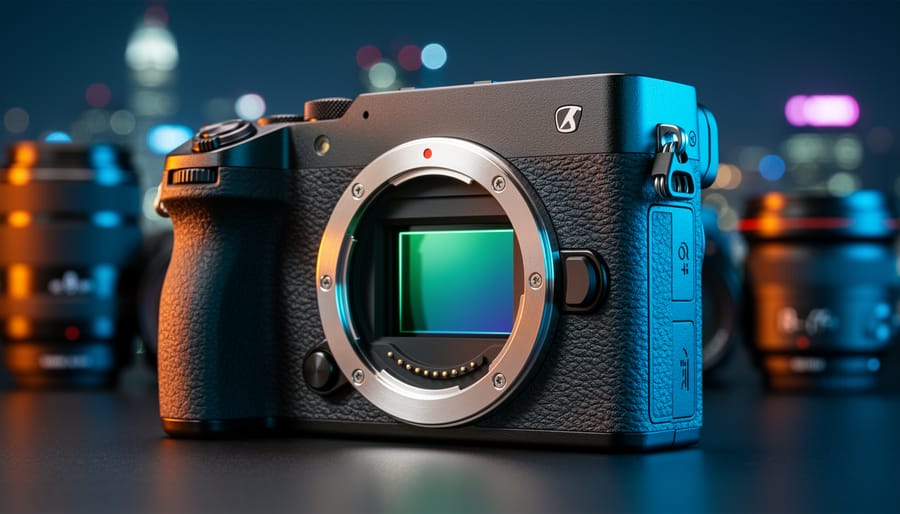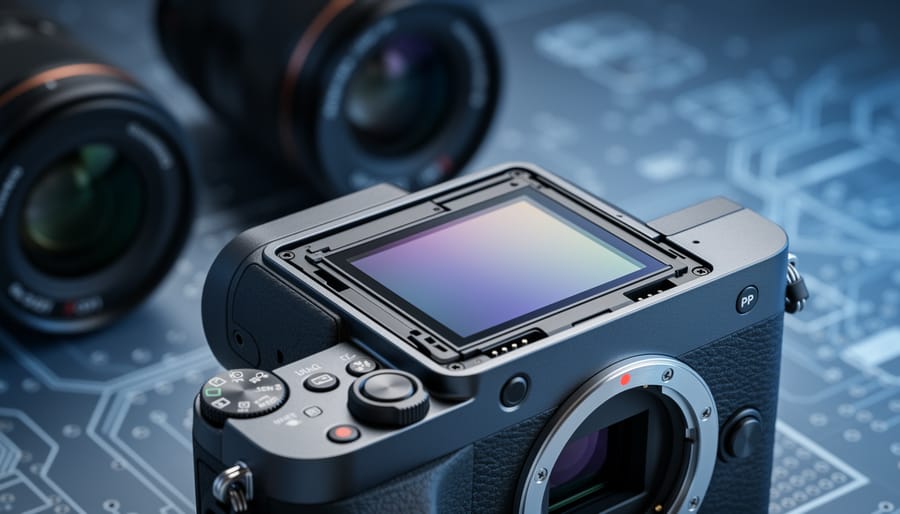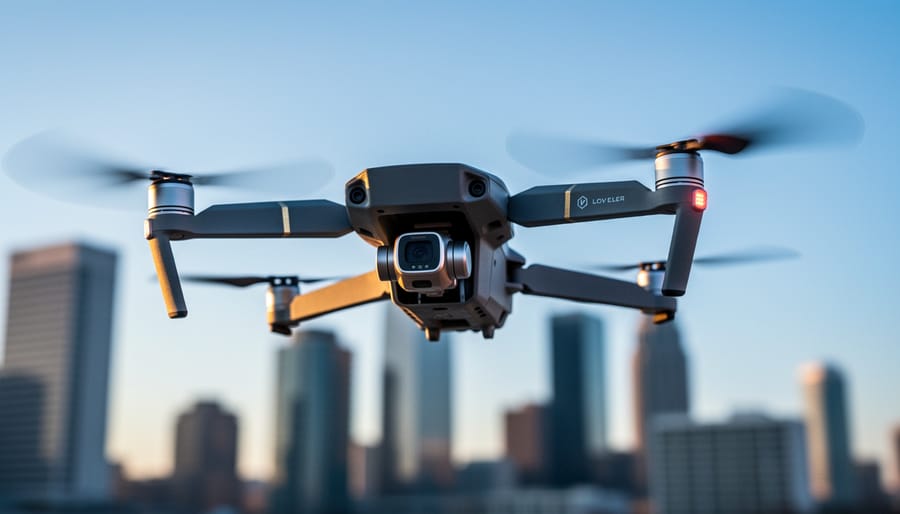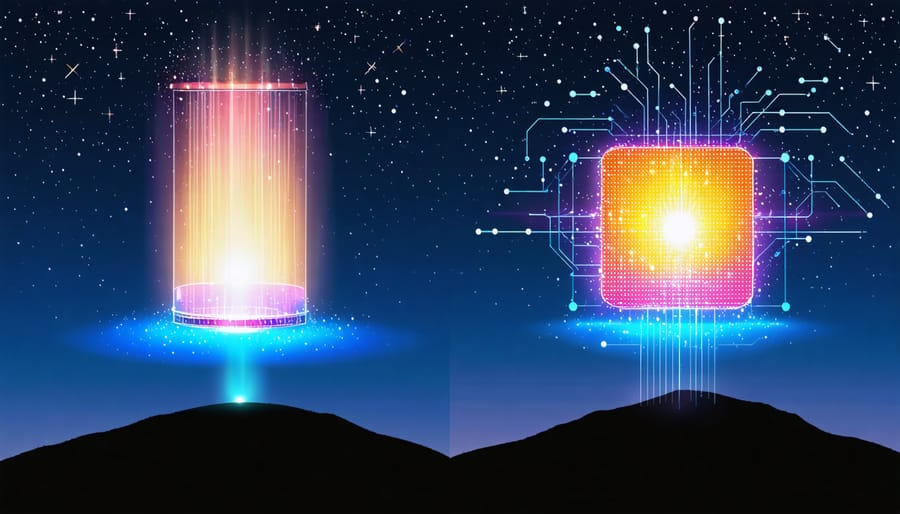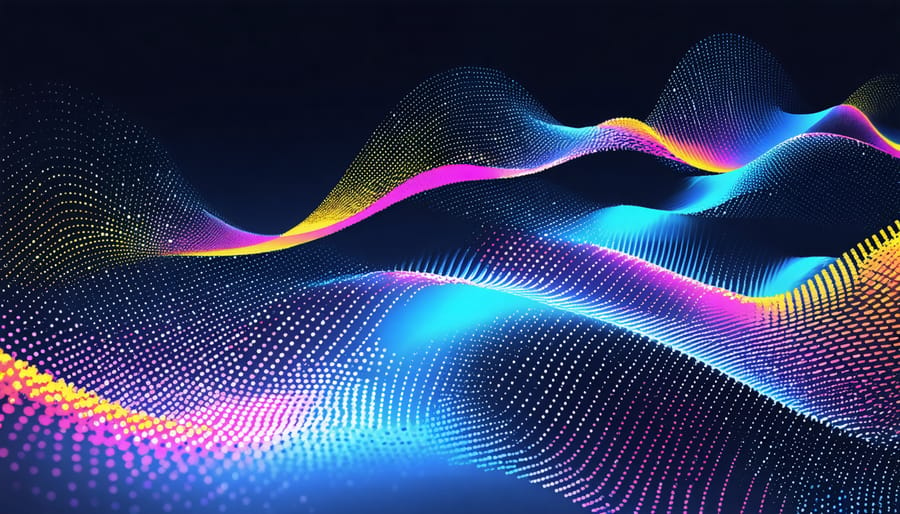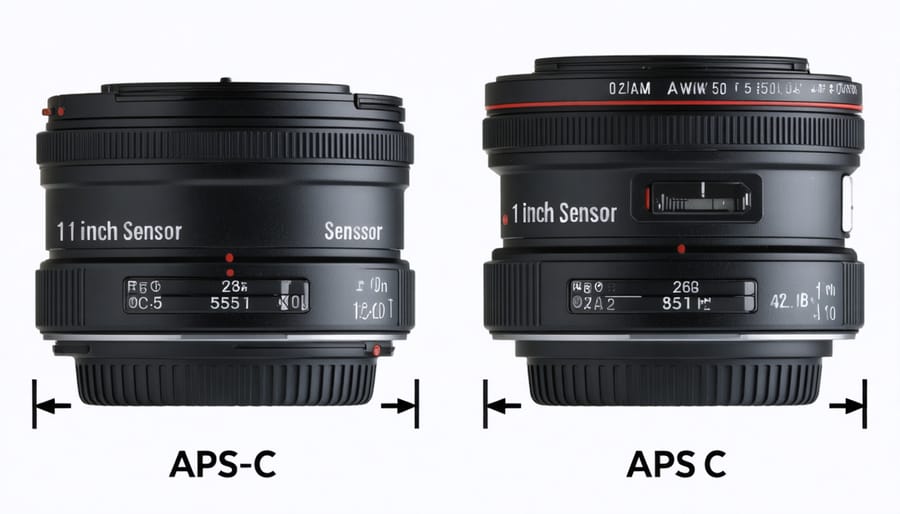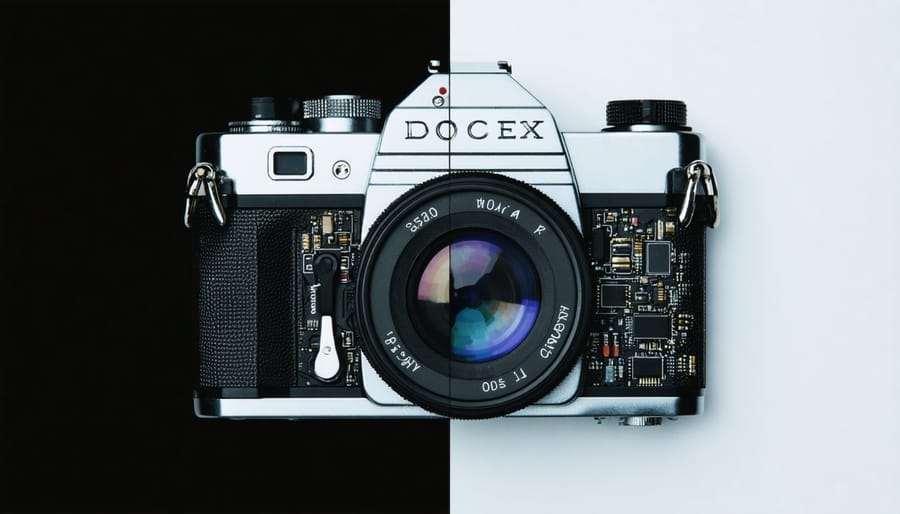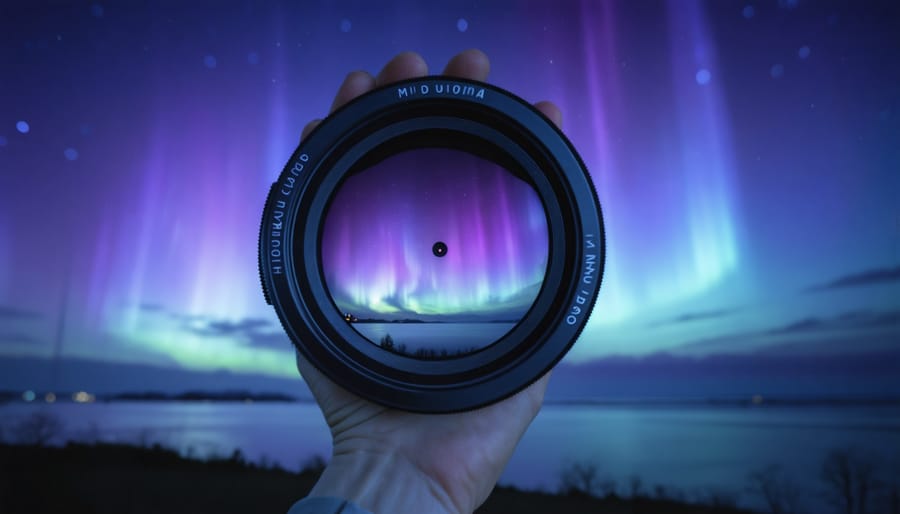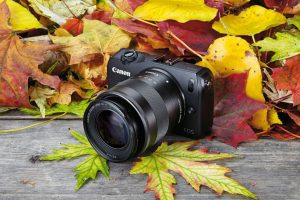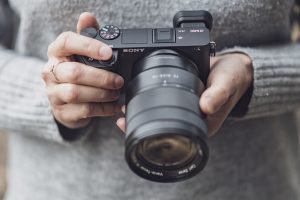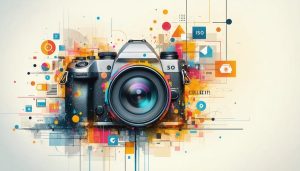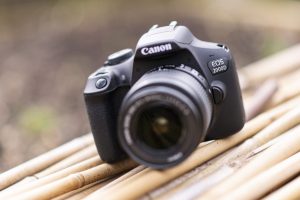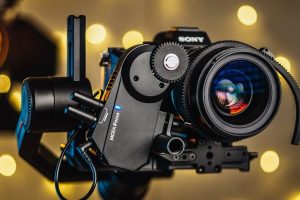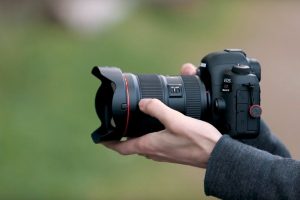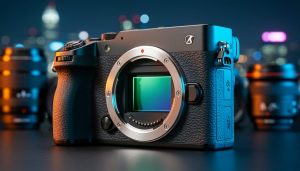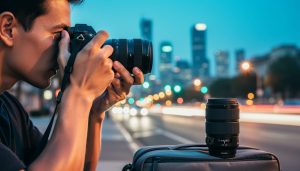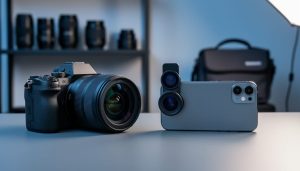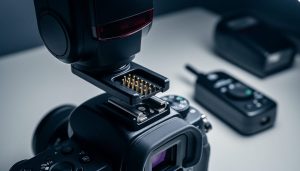Look at your camera’s sensor specifications next time you’re shopping for a new body, and you’ll likely see “BSI” prominently featured. This three-letter acronym has revolutionized digital photography over the past decade, transforming how sensors capture light and dramatically improving image quality, especially in challenging conditions.
BSI stands for Back-Side Illuminated, a sensor architecture that literally flips traditional design on its head. In conventional CMOS sensors, light must pass through a maze of circuitry and wiring before reaching the photodiodes that actually capture your image. BSI …
Why Your Camera’s Bit Depth Matters More Than Megapixels
Understand that the analog-to-digital converter (ADC) in your camera sensor is the bridge between light and your final image—it determines how those captured photons become the digital data you edit in post-production. Modern camera sensors use three primary ADC architectures, each making distinct trade-offs between read speed, noise performance, and bit-depth that directly impact your shooting experience.
Column-level ADCs place a converter at each pixel column, enabling faster readout speeds for high frame rates and reduced rolling shutter, though they typically operate at lower bit-depths (10-12 bits). This architecture powers …
Why Your Photos Look Blurry in Motion (And How Global Shutter Fixes It)
You’ve probably seen it in videos: that strange jello-like wobble when panning quickly, or propeller blades that appear bizarrely bent mid-flight. That’s rolling shutter at work, and it’s been the standard in most cameras for years. Global shutter, once reserved for high-end cinema and industrial cameras, is now making its way into consumer gear, promising to eliminate these distortions entirely.
The difference comes down to how your camera’s sensor captures light. A rolling shutter reads image data line by line, like a scanner moving across a page. Fast-moving subjects can shift position between the first …
Why Bigger Sensors See Better in the Dark (The Science Behind Light Sensitivity)
Light sensor sensitivity fundamentally shapes how your camera captures detail in challenging conditions. Understanding your camera sensor sizes and their inherent sensitivity characteristics empowers you to push boundaries in low-light photography and master dynamic range control.
Modern image sensors transform light into precise digital information through millions of photosites, each contributing to your final image’s clarity and detail. When these photosites receive more light, they generate stronger electrical …
How Z-Noise Waves Are Revolutionizing Camera Sensor Quality
Z-noise waves, a critical phenomenon in digital camera sensors, fundamentally shape the quality of every image we capture. These microscopic electrical disturbances can transform from image-degrading nuisances into creative tools when properly understood. At their core, z-noise waves represent the random fluctuations in electron movement across sensor pixels during exposure, creating distinctive patterns that particularly impact low-light photography and long exposures. While traditionally viewed as a limitation, leading …
1-Inch vs APS-C Sensors: Which Actually Takes Better Photos?
When choosing between a 1-inch sensor and APS-C, the fundamental truth is that sensor size matters far more than megapixel count or marketing claims. The roughly 2.7x larger surface area of an APS-C sensor translates to superior light gathering capability, better dynamic range, and cleaner low-light performance – advantages that become immediately apparent in challenging shooting conditions. Yet this size difference also impacts your creative choices, from depth of field control to lens selection and …
AI Auto-Tracking PTZ Cameras: Smart Focus That Follows Your Every Move
AI-powered PTZ cameras are revolutionizing video surveillance and content creation with their ability to autonomously track and follow subjects without human intervention. These intelligent cameras combine advanced computer vision algorithms with smooth pan-tilt-zoom mechanics to deliver unprecedented automated tracking capabilities in real-time.
Imagine a camera that not only follows your movement across a stage during a presentation but anticipates your next position, maintaining perfect framing and focus throughout. That’s exactly what AI auto-tracking PTZ cameras deliver, whether you’re broadcasting a church service…
Film Camera Digital Sensors: The Technology Bridge You Never Knew Existed
In a groundbreaking fusion of analog and digital technologies, digital sensors are revolutionizing the traditional film camera experience without compromising its cherished aesthetic. These hybrid systems seamlessly integrate light meters, exposure controls, and frame counters into classic film bodies, offering photographers the best of both worlds. While purists might raise an eyebrow, the marriage of digital precision with film’s organic character represents a fascinating evolution in photographic technology.
Modern digital sensors in film cameras serve as sophisticated aids rather than replacements, enhancing the …
How Quantum Sensors Are Revolutionizing Camera Lens Performance
Quantum sensors are revolutionizing photography by detecting individual photons with unprecedented precision, offering photographers capabilities that were once confined to science fiction. These atomic-scale detectors, operating on quantum mechanical principles, can capture images in near-total darkness and measure light wavelengths with extraordinary accuracy that traditional CMOS and CCD sensors simply cannot match.
For professional photographers, quantum sensing technology represents a paradigm shift in low-light performance and color accuracy. Imagine capturing the aurora borealis with perfect detail in real-time, or …
Servo Autofocus: The Technology Revolutionizing AI Camera Performance
Servo autofocus transforms split-second moments into perfectly sharp images, tracking subjects with unmatched precision across the frame. Modern AI-powered autofocus systems have revolutionized action photography, enabling photographers to capture everything from birds in flight to Formula 1 cars with unprecedented accuracy. This continuous focusing technology, originally developed for professional sports photography, now powers everything from flagship DSLRs to smartphone cameras, analyzing subject movement up…
